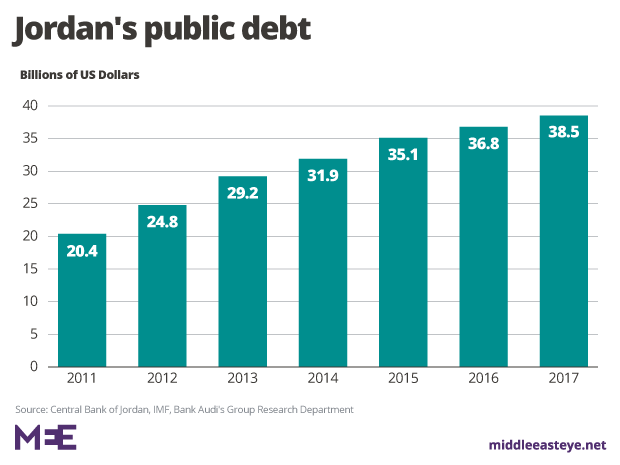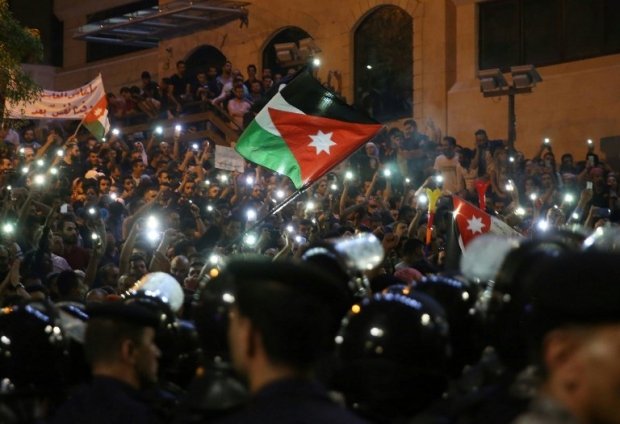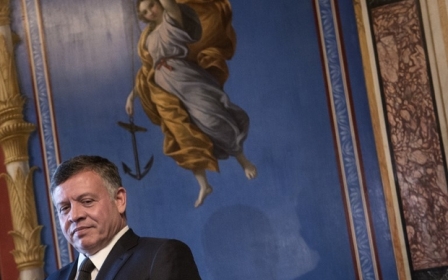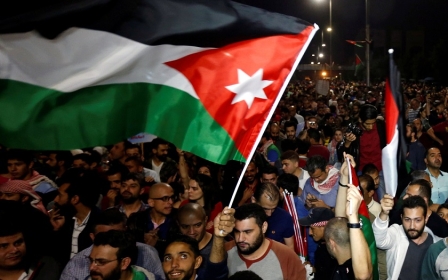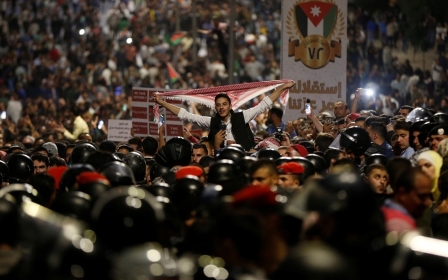Why Jordan needs Saudi Arabia
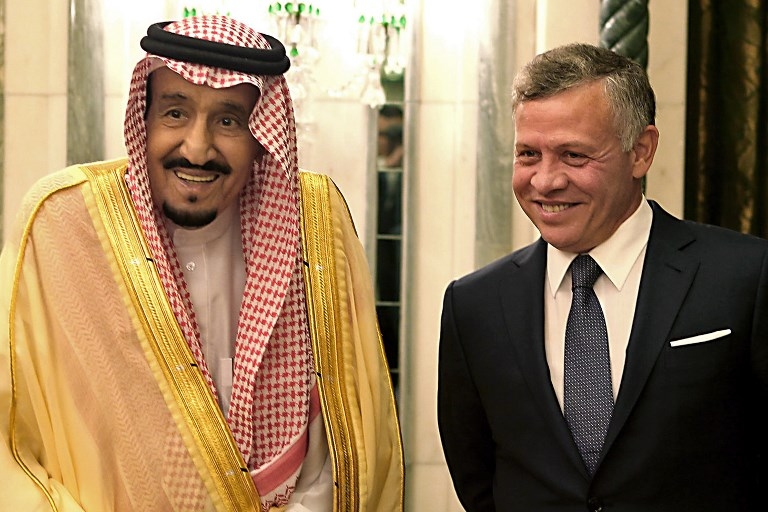
To Jordan, Saudi Arabia's presence is crucial due to complex economic and social factors that are manifested in many of Jordan's political positions, which align with Saudi Arabia's interests.
Jordan's relations with Saudi Arabia have come under scrutiny again after King Salman bin Abdulaziz Al Saud called for a Gulf-Jordanian summit in Mecca to discuss the possibilities of resolving Jordan's economic crisis. The summit ended with a series of promises to Jordan, with no immediate or direct financial support beyond a "deposit" to the Central Bank of Jordan, the value of which was not announced.
Dominating Jordanian politics
The Saudi-Jordanian relationship is not limited to financial support or direct oil aid. Rather, it extends into many fields, revealing the extent of Saudi influence over Jordan and the necessity for Jordan to maintain good relations with Saudi Arabia, despite the two states' diverging interests.
For this reason, it is understandable that Amman did not resort to Iran or Qatar in its current economic crisis, which has led thousands of Jordanians to protest in the streets and prompted the government’s dissolution. Saudi Arabia has been largely dominating Jordanian politics, which is why Amman reduced diplomatic relations with Qatar last year.Although Jordanian-Saudi relations have not always been good, regional developments in recent years have ensured their alliance.
In 1990, Jordan stood by Iraq's invasion of Kuwait, and relations between Amman and Riyadh hit a nadir. Baghdad was important for King Hussein, who benefited from his alliance with Saddam Hussein. Jordan also benefited from Iraqi financial and oil support during the international embargo against Iraq from 1991 to 2003, as Jordan remained a conduit for Iraqi funds, businessmen and trade exchanges aiming to circumvent the blockade.
Gulf money has historically contributed to the stability of Jordan amid protests calling for political reforms
After the fall of Saddam’s regime in 2003, Jordan lost an important and wealthy ally, leaving it no choice but to restore and strengthen ties with Saudi Arabia.
Financial support
A number of factors make Saudi Arabia an indispensable ally for Jordan, and they are closely related to the causes of Jordan’s current economic crisis.
Firstly, in 2011 and 2014, Jordan received its largest amount of foreign financial support in decades. In 2011 alone, it receive 1.2bn Jordanian dinars ($1.7bn). And in December 2011, during a GCC summit, Saudi Arabia, the United Arab Emirates, Kuwait and Qatar decided to extend $5bn in financial aid to development schemes in Jordan over a five-year period, with each state contributing $1.25bn.
Secondly, in 2017, the foreign grants that Jordan previously received decreased by 15 percent. This explains an important aspect of the current economic crisis, and the reason why the government was forced to raise the prices of many goods and the income tax, triggering massive protests.
Gulf aid to Jordan also reached its lowest level last year, declining to $358m from $513m in 2016 and $644m in 2014, according to data from the central bank.
The role of remittances
Thirdly, there are 750,000 Jordanians working around the world and transferring their money and savings to Jordan, including around 400,000 in Saudi Arabia. Jordanian remittances are estimated at around 2.7bn Jordanian dinars ($3.8bn) annually, comprising 10 percent of Jordan’s GDP.
This data underscores why Jordan cannot do without Saudi Arabia, and how Gulf money has historically contributed to the stability of Jordan amid protests calling for political reforms. It is clear that the absence of this money over the last two years contributed to the re-emergence of these protests.
As long as five percent of Jordan's income is provided by expatriates in Saudi Arabia, while more comes from direct aid or projects financially supported by Riyadh, it is understandable that Amman did not opt to ally with Saudi’s rivals, Iran or Qatar, to compensate for the recent financial shortfall.
- Mohammad Ayesh is an Arab journalist currently based in London.
The views expressed in this article belong to the author and do not necessarily reflect the editorial policy of Middle East Eye.
Photo: Saudi King Salman bin Abdulaziz Al Saud meets Jordanian King Abdullah II in Mecca on 11 June 2018 (Yousef Allan/Saudi Royal Palace/AFP)
New MEE newsletter: Jerusalem Dispatch
Sign up to get the latest insights and analysis on Israel-Palestine, alongside Turkey Unpacked and other MEE newsletters
Middle East Eye delivers independent and unrivalled coverage and analysis of the Middle East, North Africa and beyond. To learn more about republishing this content and the associated fees, please fill out this form. More about MEE can be found here.



